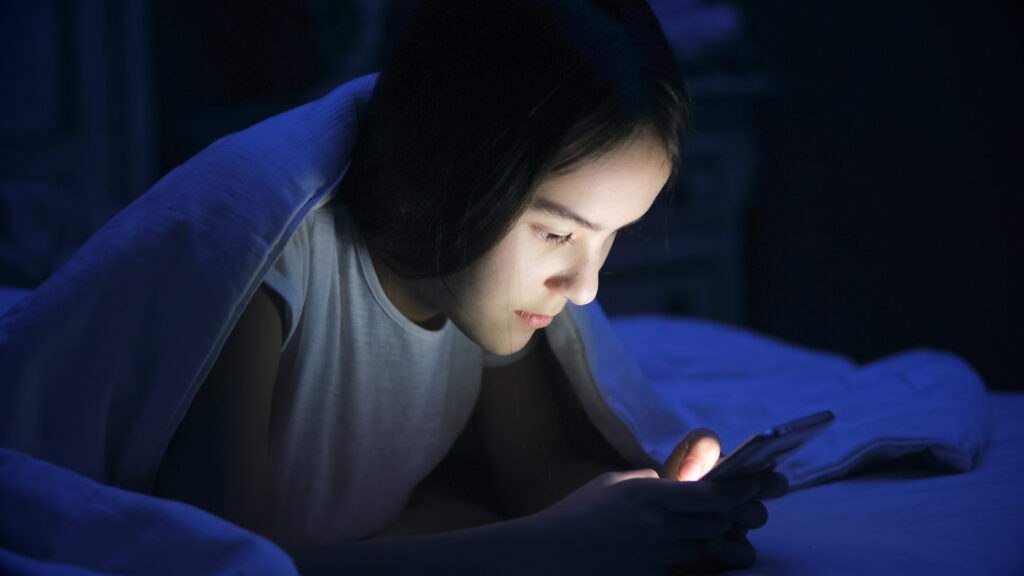
Social media has become an important part of our daily lives. Recently, the spread of the internet and the use of smartphones have increased. Social media platforms have become powerful tools that allow people to communicate with each other, obtain information and have fun. However, as the popularity of social media increases, its negative effects on sleep are attracting increasing attention. In this article, we will examine the effects of social media on sleep. We will discuss what steps people can take to get a better night’s sleep.
Negative Effects of Social Media on Sleep
Decrease in Night Sleep Duration:
Constantly updated content of social media platforms can keep people in front of their screens until late hours. This can result in shorter sleep duration. Prolonged use of social media can cause people to not get enough rest. And it can lead to a night’s sleep where they still feel tired when they wake up.
Disruption of Sleep Pattern:
Social media use can continue late into the night, disrupting our biological clock. When sleep patterns are disrupted, the person’s body has difficulty receiving the signals to sleep and wake up at the right time. This can lead to sleep problems and chronic insomnia.
Effect of Stimulating Content:
Social media platforms often use stimulating content to attract people’s attention. These ingredients can increase brain activity and lead to insomnia. Additionally, such content may encourage people to check their phones while sleep deprived.
Blue Light Exposure:
Because smartphones, tablets, and computers emit blue light, using these devices can have a negative impact on sleep. Blue light can inhibit the process of falling asleep by suppressing melatonin production.
The Effect of Social Media on Sleep Quality
It should be known that social media can affect not only sleep duration but also sleep quality. Constantly using social media can stimulate the mind and cause dreams to become more complex. This can reduce your ability to feel fresh and well-rested when you wake up.
Precautions That Can Be Taken to Prevent Insomnia Caused by Social Media
Bedtime Rules:
Limiting social media use to a certain time period can increase the duration of night sleep. Instead of taking your phone to bed, consider making time for relaxing activities like reading a book or meditating before bed.
Blue Light Filters:
Enabling blue light filters for smartphones and computers can reduce blue light interfering with melatonin production.
Turning Off Notifications:
Turning off notifications during bedtime, keeping your phone in silent mode, or enabling “night mode.” These will not interfere with night sleep and can create a relaxing sleep environment.
Social Media Break:
Taking a social media break can make it easier for you to fall asleep, especially after a stressful or tiring day.
The Effect of Social Media on Sleep
Social media has become an indispensable part of our lives. However, it should not be forgotten that it may have negative effects on sleep. Using social media late into the night can negatively affect sleep duration and quality. To maintain sleep patterns and get a better night’s sleep, it is necessary to limit social media use. It is important to make time for relaxing activities before going to sleep. Remember, good sleep is critical to overall health and quality of life.